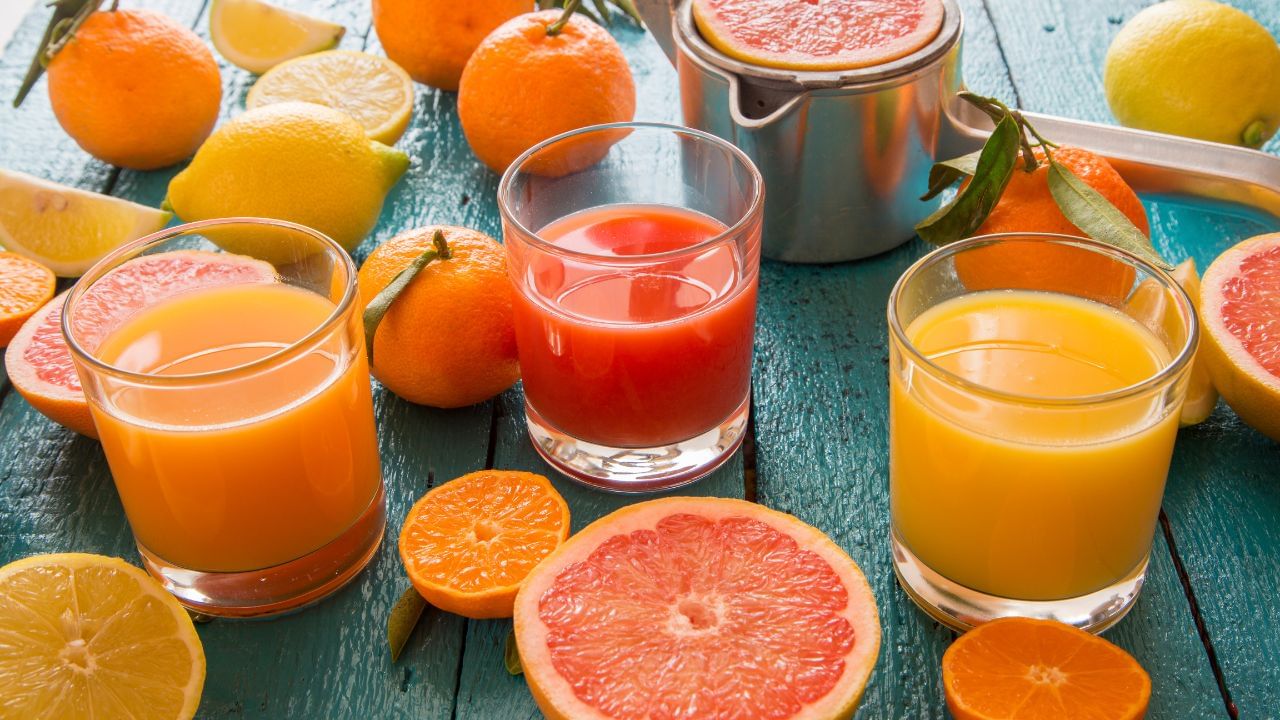Maintaining a healthy and balanced diet is crucial for overall well-being, and recent trends show that people are increasingly conscious of their eating habits. Many individuals incorporate exercise and a variety of health foods, including juices, into their daily routines. While juices derived from fruits and vegetables are lauded for their nutritional benefits, the timing of consumption plays a vital role in their impact on health.
The Benefits of Juices
Fruit and vegetable juices are rich in essential vitamins, minerals, and antioxidants that can nourish the body. They help in staying hydrated during hot weather and can boost energy levels. Additionally, many consumers believe that juices contribute positively to skin health, providing a glow and vitality that is often sought after.
Why Experts Advise Against Drinking Juice on an Empty Stomach
Despite the popularity of consuming juice first thing in the morning, health experts caution against this practice. Dr. Ajit Jain from Rajiv Gandhi Hospital in Delhi warns that drinking juice on an empty stomach can lead to a spike in blood sugar levels. This is particularly concerning for individuals with diabetes, as it may exacerbate their condition.
Potential Risks of Juice Consumption on an Empty Stomach
- Increased Blood Sugar Levels: The high sugar content in juices, even natural ones, can cause immediate increases in blood sugar, leading to energy crashes later in the day.
- Digestive Issues: Consuming juice without solid food can lead to gas and indigestion, disrupting the digestive process.
- Weight Gain: Juice can be calorie-dense, and excessive intake, especially of sugary juices, may contribute to weight gain.
- Teeth Health: Juices high in sugar can also be detrimental to dental health, increasing the risk of cavities and gum issues if consumed in large amounts.
Recommendations for Juice Consumption
To mitigate these risks, health professionals recommend consuming whole fruits instead of juices. Eating fruits provides fiber, which helps regulate sugar absorption and supports digestive health. If you still wish to enjoy juice, try waiting at least one hour after meals to consume it.
Moderation is key. If you’re drinking juice for specific health benefits, consider consulting with a healthcare professional to determine the best approach for your individual health needs. Choose fresh, sugar-free juices whenever possible to maximize benefits and minimize any adverse effects on your health.
Conclusion
While juices can be a delightful and nutritious part of your diet, being mindful of when and how you consume them is crucial. By following expert advice and prioritizing whole fruits, you can enjoy the benefits of juices without the potential drawbacks associated with drinking them on an empty stomach. Remember, a balanced approach to nutrition is essential for lasting health.












